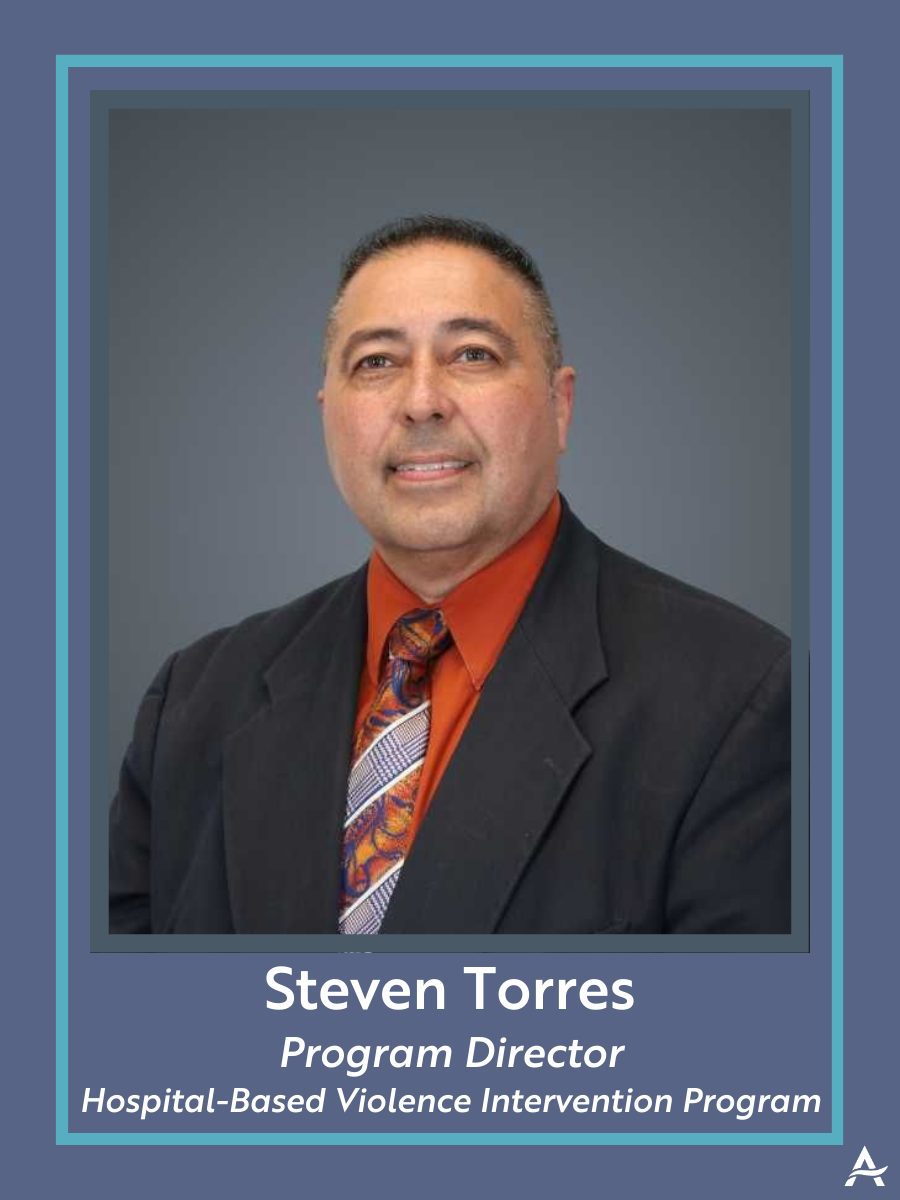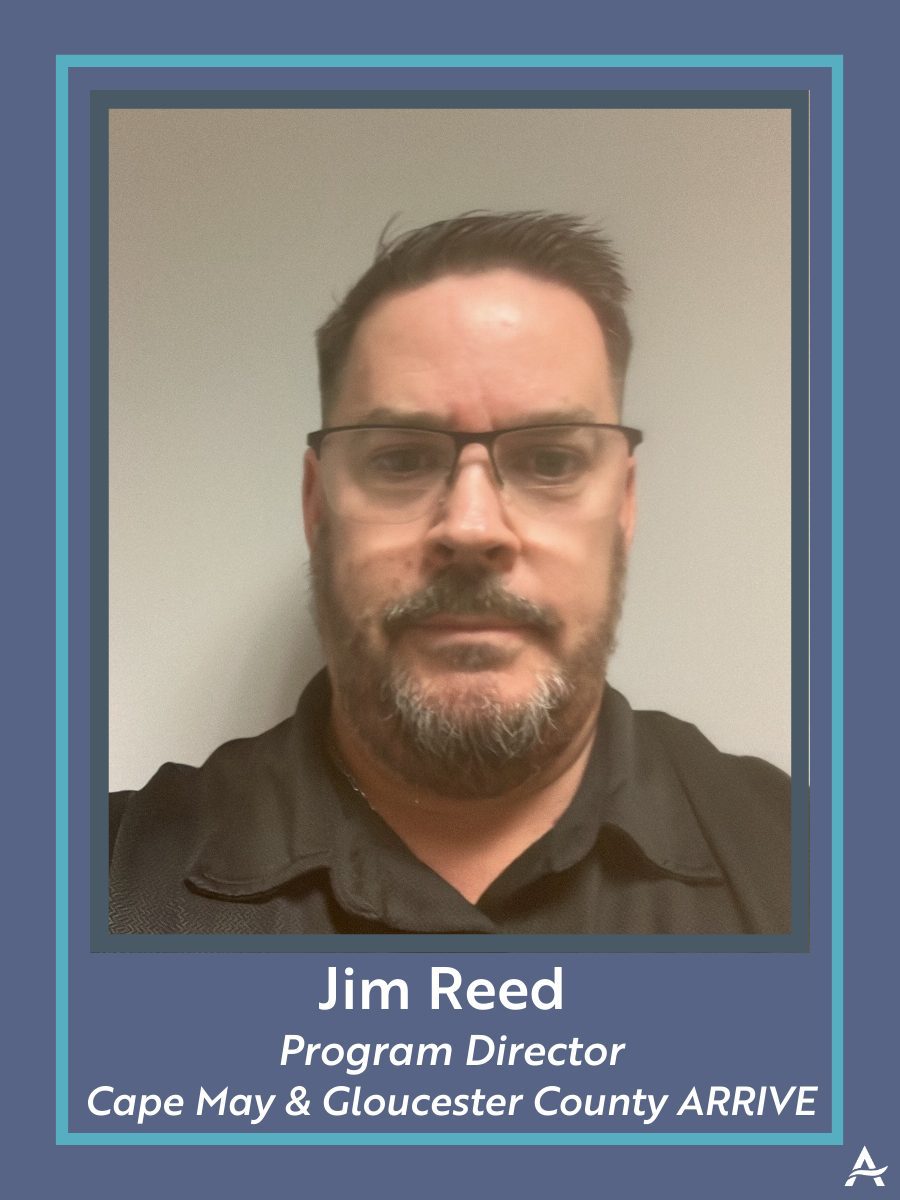Guest Contributors:
Steven Torres, MS, DRCC, CMHS, HVIP Program Director
Jim Reed, Director of Cape May and Gloucester County ARRIVE
The media plays an important role in keeping us informed about current events. However, exposure to too much news, especially news that is unpleasant, can have a negative impact on our mental health.
“Living in a chaotic and uncertain world can lead to anxiety, but by controlling your response, you can find mental peace and build resilience,” wrote Steven Torres, MS, DRCC, CMHS, HVIP Program Director. “It's crucial to be intentional about self-care and mindful of your news consumption habits, especially in a fast-paced digital environment.”
If the news is taking a toll on your mental health, making you feel stressed, anxious, angry, or sad, there are some things you can do to protect your mental well-being.

Limit your exposure to negative news:
While it's important to stay informed about current events, you don't need to consume every single negative news story.
“It is important that you allocate some specific, short periods each day for checking the news, such as 20–30 minutes. Setting an alarm can help you stick to your boundary,” Torres wrote.
Decide how much time you want to spend a day reading or watching the news, and stick to it. Be sure to schedule the specific times you want to check in on the news and use reputable news outlets.
Acknowledge your limitations and focus on what you can control:
When faced with negative news, feeling helpless is a natural response. There may be things you can do to make a difference, even if they are small.
Jim Reed, Acenda’s Director of Cape May and Gloucester County ARRIVE programs, recommends focusing on your own day-to-day tasks and activities, using each day as a new start. Focusing on what you can control can help reduce your feelings of helplessness.
Practice mindfulness:
Mindfulness is a technique that involves being fully present in the current moment, paying attention to yourself; what you're doing, what you hear, smell, or feel. This can help you stay grounded even when times are difficult.
“Make sure to set boundaries,” wrote Torres. “Take control of your time, energy, and emotional well-being by learning to say ‘no’ to overcommitting.”
Practice self-care:
Taking care of your mental and physical health is crucial. Make sure to get enough sleep, eat a healthy diet, and exercise regularly. Engage in activities that you enjoy, such as reading, spending time with loved ones, or pursuing hobbies.
Take breaks from social media and other news sources:
News outlets can sometimes be a source of stress and anxiety, especially when exposed to distressing news. Social media videos can often show graphic and emotional content, and they may start playing automatically without you even having to press play. Visit The Verge to learn how to turn off auto play on your social media platforms.
“Unfollow or mute social media accounts that frequently post negative or distressing news,” Torres wrote. “Algorithms often promote sensational content that can increase anxiety.”
If you start to become overwhelmed, it's important to take a break from media for a few days or even weeks. Instead, try to refocus your attention by engaging in activities that bring you joy and help you relax.
Talk to someone you trust:
Sharing your feelings with a trusted friend, family member, therapist, or counselor can provide support and perspective. They can offer a listening ear, provide advice, and help you process your emotions. Talking about your feelings can also help you develop healthy coping mechanisms and find ways to manage stress and anxiety.
“Reach out to a loved one or close friend and express and share your love,” wrote Torres. “Let them know what you’re feeling and know that you don’t have to face them alone.”
Moving Forward
Remember, if you are struggling to cope with the emotional impact of stressful and emotional events in the media, it's important to reach out for help. Asking for help shows strength and there are resources available to you including counselors, therapists, and support groups.
“When facing uncertain times, try to differentiate between what you can and cannot control to avoid wasting energy,” wrote Torres. “Make every effort to take meaningful action. It is important to channel your feelings into positive action, such as volunteering for a cause you care about. This can help combat feelings of helplessness and provide a sense of purpose.”
If you or a loved one are struggling to cope with the news or other stressful events, please reach out to ACENDA for help. We offer a variety of mental health services to help you get back on your feet.

Contributor Spotlight
Steven Torres is the program director of Acenda's Hospital-Based Violence Intervention Program (HVIP). He has been with the agency since 2014. He earned his bachelor's in social work from Rutgers University - Camden and his master's in counseling studies from Capella University.

Jim Reed is the director of Acenda’s Cape May and Gloucester County ARRIVE (Alternate Responses to Reduce Instances of Violence & Escalation) programs. He has been with agency since 2005, when he started as a psychiatric emergency screener.
About the Author
Riley de Jong, Communications Strategist at Acenda, attended the University of California – Los Angeles for her undergraduate degree in Communication and minor in Entrepreneurship. She enjoys supporting her community, telling engaging stories, and connecting with others.